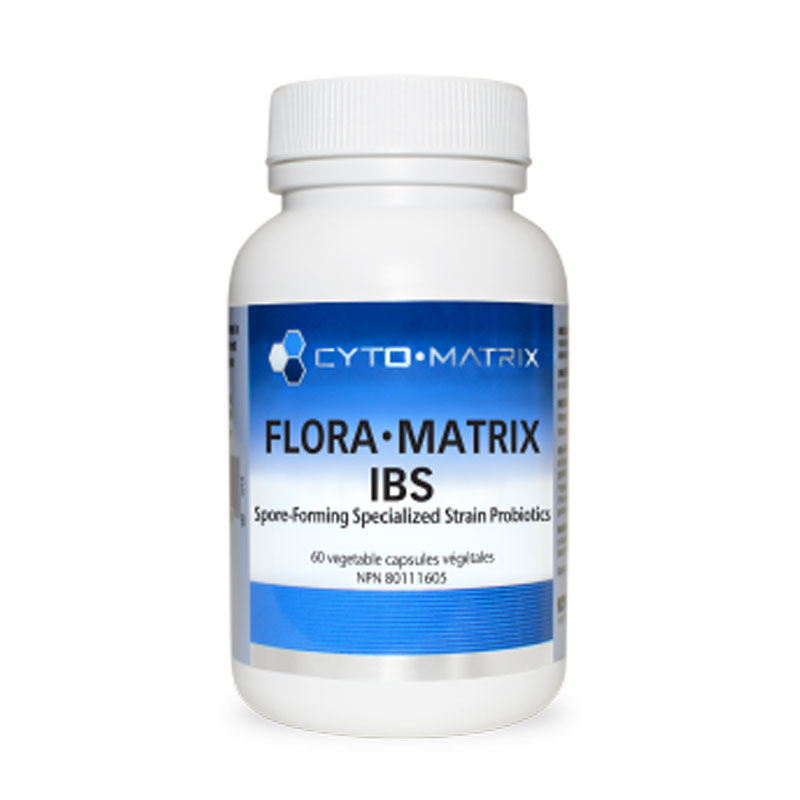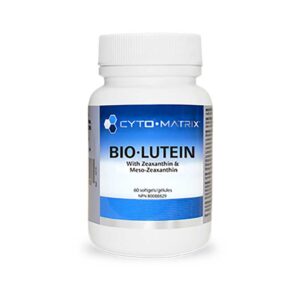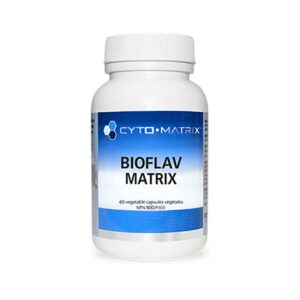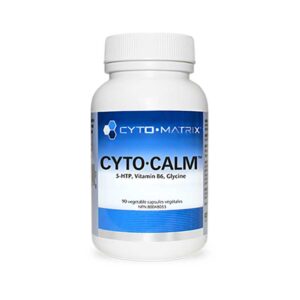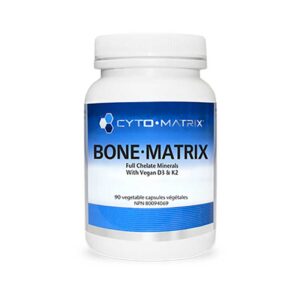The relationship between bacteria, digestive function and general health is complex, to say the least. Although recent decades of probiotic research have opened many new avenues for medical treatment, there are still many questions that exist regarding strain-specific properties and capabilities. Perhaps one problem with traditional probiotic species such as Lactobacillus acidophilus is poor survival through the harsh digestive system. Some species exhibit as low as a 1-15% survival rate throughout the gastrointestinal tract. For this reason, some researchers have shifted their focus toward spore-forming probiotic bacteria such as Bacillus coagulans.
Bacillus coagulans and other spore-forming probiotics naturally enter a protective, dormant spore phase during their life cycle if survival is threatened. While in this spore form, the survival rate is greatly improved as it is extremely resistant to the harsh acidic environment of the stomach, temperature changes and other potential dangers. Spores of Bacillus strains can survive for years in their dormant state, but if given the proper stimulus such as nutrient availability, they can rapidly germinate. The proper setting for germination and activation appears to be in the small intestine where sugars, amino acids and purines are widely available.
Of course, it is not just enough to have a probiotic that survives. Once germinated and activated, the health-promoting effects on the digestive tract and the entire body are even more important. Bacillus coagulans can promote digestion, increase nutrient absorption and reduce inflammation by producing a variety of enzymes and short-chain fatty acids. In addition, Bacillus coagulans provides a natural antimicrobial effect by competing for resources and preventing the growth of pathogenic bacteria. It does so by creating an anaerobic and acidic environment in the intestines, which makes it inhospitable for various pathogens and offers ideal conditions for beneficial bacteria to flourish, such as Lactobacillus and Bifidobacterium species. Some research has even found that Bacillus coagulans species can secrete bacteriocin, a well-known antibacterial compound, and that it can prevent dysbiosis and related diseases associated with antibiotic use.
All in all, Bacillus coagulans helps to promote a favourable gut flora by improving the diversity, composition and metabolic function of the microbiota. Clinical studies have shown that the Bacillus coagulans IS-2 strain is effective in the treatment of irritable bowel syndrome (IBS) in both children and adults, constipation, functional abdominal pain in children and bacterial vaginosis in women receiving adjunctive antibiotic therapy.
Flora-Matrix IBS provides 2 billion CFU’s per capsule of the resilient spore-forming bacterium strain, Bacillus coagulans IS-2. Flora-Matrix IBS is designed to support bowel regularity, manage symptoms of irritable bowel syndrome, promote a favorable gut flora and promote a favorable vaginal flora in women. Available in blister pack boxes containing 60 vegetable capsules per box. Flora-Matrix IBS is shelf-stable and certified free of gluten, soy and dairy.
Flora-Matrix IBS belongs to the family of Flora-Matrix probiotics, each containing specialized strains for targeted results. Each Flora-Matrix probiotic contains unique strains with distinct activity and health benefits. These strains are individually selected and they are well-studied at validated dosages, ensuring focused clinical results without the need for excessive colony-forming units.

